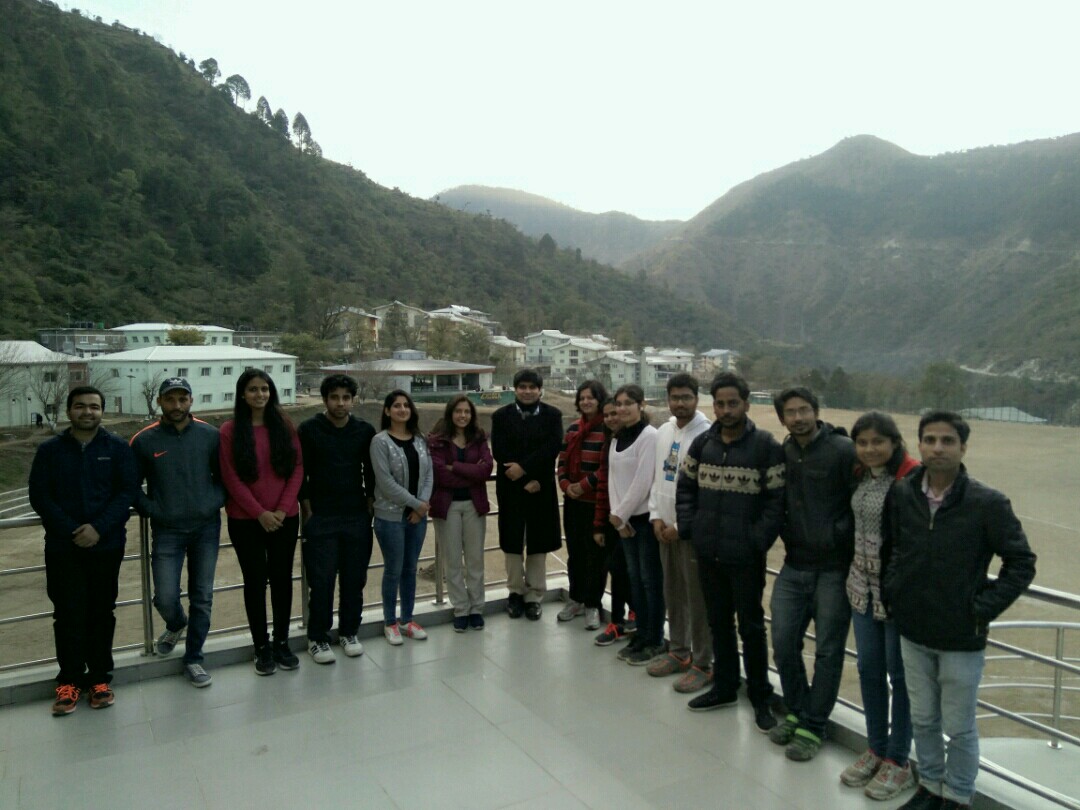The focus of the lab is to investigate decision-making and cognition in applied domains. Some key
domains include our environment, consumer behavior, cyber security, vehicle driving, natural
disasters, and betting.
Our research methodology includes conducting laboratory experiments where we collect human
behavioral data using simulation games (also called “microworlds”). Furthermore, we use
computational cognitive models based on the cognitive architectures (like ACT-R) and other
approaches to understand and predict human behavior.
The Applied Cognitive Science Laboratory (ACS Lab) is located at the Bamboo Block B, Kamand
Campus, Indian Institute of Technology Mandi, Himachal Pradesh, India. The laboratory is
supported by grants from Indian Government and Industry. The ACS Lab has post-doctoral fellows,
graduate and undergraduate students, and student interns from different parts of the world. Lab
members come from different fields which include computer engineering, electrical engineering,
mechanical engineering, civil engineering, and humanities and social sciences. The ACS Lab
contains a high-speed network of several computing machines for experimentation and modeling.
All machines are equipped with a number of devices, graphics, sound cards, and high resolution
displays. The Lab’s hardware infrastructure includes an air-conditioned environment with 11
state-of-the-art desktops, a powerful HP® workstation Z440, 32-channel EGI Geodesic EEG System,
Emotiv® 14-channel EEG/ERP headsets, Tobii® Eye Tracker, Leap Motion device, Oculus Rift
headset, Google Cardboard headsets, driving simulator, Oximeters, Xbox Kinect, and other
accessories. The Lab’s software infrastructure includes Windows, Linux, and Mac operating
systems, MS Office suite, R, Matlab, E-Prime, VR/AR software development kit, and several
web-based technologies.
Our results and conclusions extend to applied domains in the real world. For example, our
conclusions help understand the effects of existing designs on human cognition and how
improvements to existing designs could enhance human cognition. Our research also helps in
developing training interventions in varied applied domains (including defense applications).
For example, training security analysts against certain kinds of cyber-attacks in simulations
helps improve their on-job performance in the real world.





